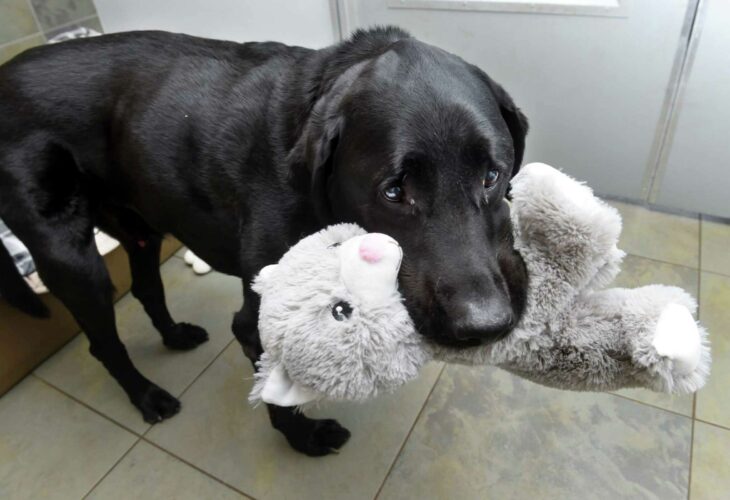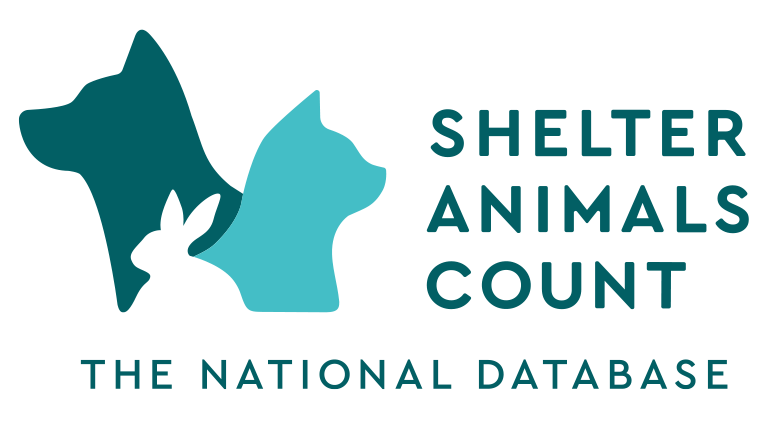Big Dog Behavior Data: Shelter Animals Count with Hill’s Pet Nutrition
December 13, 2024

New Haven Register
By: Chatwan Mongkol
Published: February 13, 2023
NORTH HAVEN — With about 120 animals already occupying the space at Animal Haven, the nonprofit shelter can’t take in any more pets, despite an uptick in the number of pet surrenders.
With animals coming to the shelter typically being ill, shelter manager Michelle DeRosa said she has to take care of five to eight animals from the shelter at her own home at any given time.
“I think there’s been more surrenders this month than there has been in 10 years,” DeRosa said during an interview in her office with three cats in it.
Linda Marino, president of the shelter, said they simply have to turn away people because the facility is at capacity, with a no-kill policy in place.
“We take them in as much as we can; we can’t take them all in,” she said. “We wish we could, and it’s really heartbreaking when we have to say no.”
The rise in the surrendering rate at the North Haven shelter comes amid a similar increase at shelters nationwide since 2021, according to Shelter Animals Count’s national database.
In 2021, intakes nationally went up 8 percent with another 3 percent the following year. In Connecticut, the number rose 9.4 percent in 2021, but went down 7.2 percent in 2022, according to the database. However, the intakes for both years in the state remain higher than the outcomes by 3.11 percent.
Virginia Maxwell, professor of forensic science at the University of New Haven, said the surrender uptick stemmed from an adoption uptick in 2020 when people tried to get companionship from dogs and cats during the COVID-19 pandemic lockdowns.
Once the pandemic began to ease, “they didn’t have time for the animals anymore, because now their life was back again,” Maxwell said. “The animal that was used to having somebody around all day would probably start to act up,” prompting its owners to realize behavioral issues they weren’t prepared for.
The recent rising costs of living also forced pet owners into giving up their animals, she said.
“People are struggling financially with inflation, and of course in Connecticut, our electricity bills just doubled, and pets are expensive if you’re going to feed them properly, get them veterinary attention,” Maxwell said.
DeRosa said many people weren’t taking care of their pets prior to giving them up, which created a financial burden for the shelter when it comes to medical bills.
DeRosa said many people weren’t taking care of their pets prior to giving them up, which created a financial burden for the shelter when it comes to medical bills.
“A lot of them were starving, a lot of them had health issues, some of them haven’t been seen in years, some of them have heart conditions that were never found out until now,” she said.
When an animal comes to Animal Haven, it gets a medical checkup, is given proper vaccination and is spayed or neutered, according to the staff. Housing more animals also translates to a greater workload for and already-short staff.
Animal Haven has two paid, full-time members with about eight part-timers. About 50 other individuals contribute on a volunteer basis.
“When there’s a sick animal, they nurture and take care of that animal at their houses,” Marino said. “Our staff jumps in and they give the 24-hour care that some of these animals need.” DeRosa, who takes in about five to eight animals at a time, said most of them are sick, paralyzed or puppies that need to be bottle-fed.
“When there’s more medical problems, then yes, it’s more stress on us because we have to do other things,” such as vet runs and cleaning, DeRosa said. The other way the no-kill animal shelter can reduce its animal volume is to put them up for adoption, and DeRosa and Marino said they have to go through strict protocols and a matching policy to make sure the new home will be a permanent one.
“Because it really is heartbreaking, these animals, when they come to us after they’ve been given up, you can tell they’re depressed,” Marino said. “It’s very hard for them to transition, so we really hope the home will be permanent.” Maxwell, an animal cruelty investigation expert, said to reduce the likelihood of surrendering because of the costs, there’s room for improvement in providing a safety net.
She said there are charities that provide pet food for those in need, low-cost veterinary clinics and affordable spay and neuter programs. “I think what we need is a way of helping people get resources they need and also education they need at the time that they get pets” in terms of different needs for different breeds, Maxwell said.
She added that having funding available from government entities is another “wonderful thing” because “there are charities out there that are willing to help and have resources but even their pockets have limits.” Animal Haven’s advice for people who are thinking of adoption is that getting a pet is a lifelong commitment.
“Don’t get an animal unless you want it for the long run and you’re going to be able to take care of it,” DeRosa said. “I know things happen in the future but, if you don’t know what’s going to happen in the future and things aren’t stable, don’t even bother getting an animal.”
